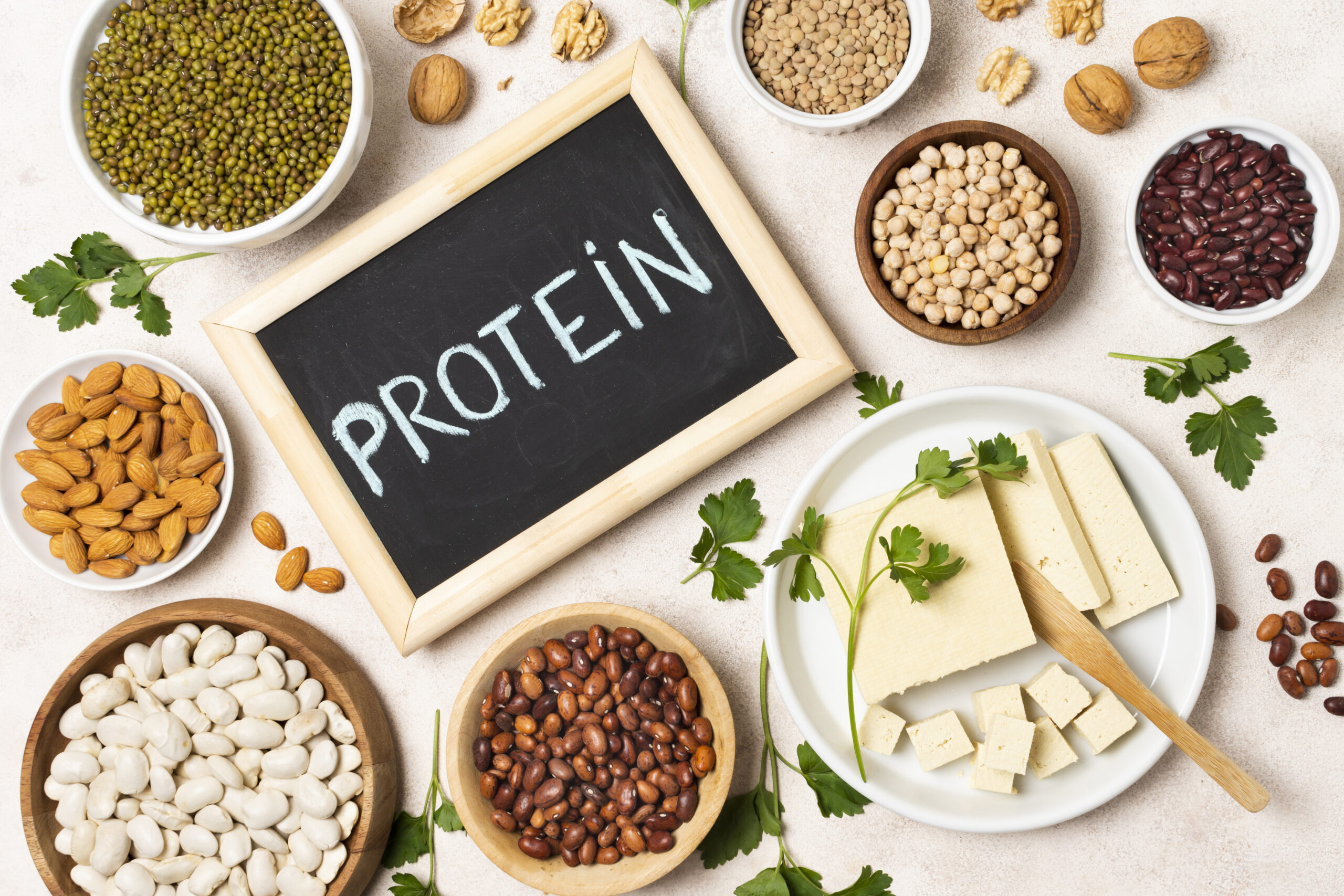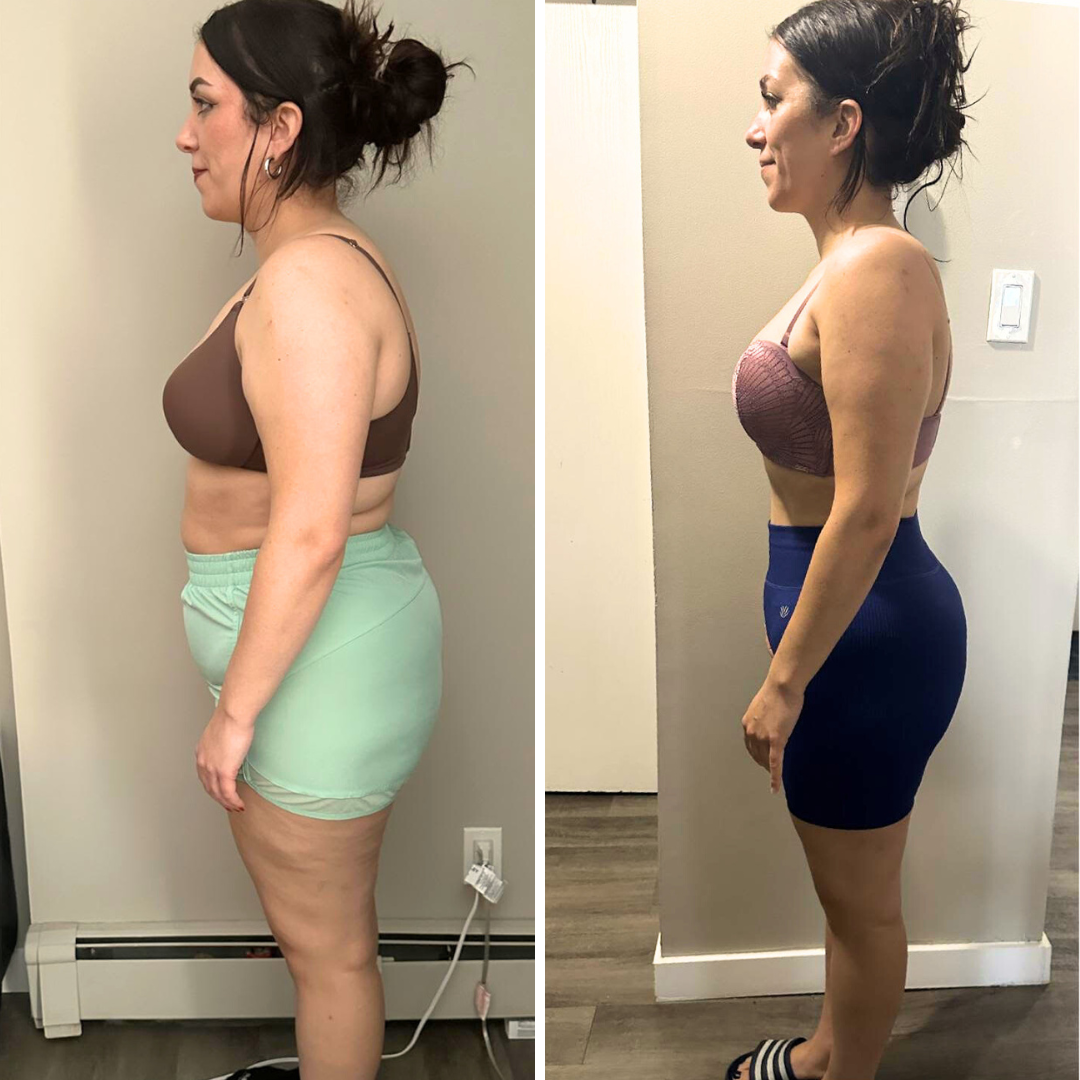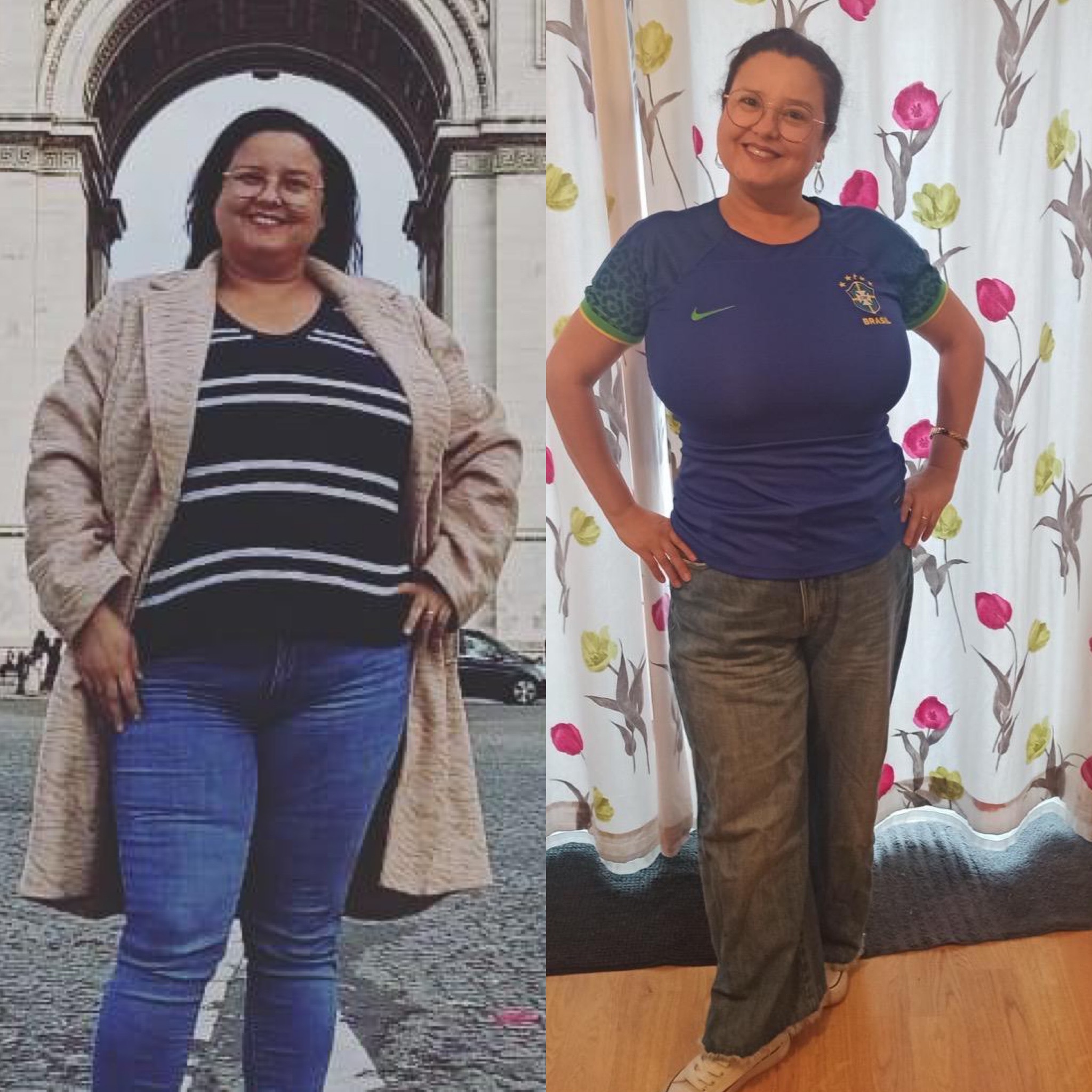Top Plant-Based Protein and Iron Foods: A Nutritionist’s Guide

As a nutritionist based in London, I frequently work with clients who follow plant-based diets, helping them to maintain balanced and nutritious eating habits. One of the most common concerns I hear from vegetarians and vegans is ensuring they get enough iron and protein. These nutrients, often associated with animal-based foods, are equally vital for those on plant-based diets to support overall health and well-being. In this article, I will highlight some of the best plant-based sources of iron and protein and provide tips on how to incorporate them into your diet.
PROTEIN
Additionally, proteins are crucial for various bodily functions. They are important for the growth and repair of tissues, including muscles, skin, organs, and bones. Proteins also contribute to overall dietary balance and are present in a variety of plant-based foods.
Here are the top plant-based foods that are good sources of protein, based on 100g servings:
- Tempeh: 31g of protein
- Sesame seeds: 21g of protein
- Cooked Lentils: 18g of protein
- Cooked Chickpeas: 15g of protein
- Pistachios: 20g of protein
- Tofu: 10g of protein
- Cooked Edamame beans 11g
- Cooked Beans: 9g of protein
- Cooked Peas: 8g of protein
- Almonds: 7g of protein
IRON
Iron is an essential mineral for the body and is often discussed among those who follow plant-based diets. Since iron is more commonly found in animal-based foods, vegetarians and vegans need to ensure they consume adequate amounts of this nutrient for overall health.
Iron plays several roles in the body, including its involvement in oxygen transport, energy metabolism, and the functioning of various bodily systems. Ensuring sufficient iron intake can support normal bodily functions and overall well-being.
Here are the top sources of iron in plant-based foods, based on 100g servings:
- Pumpkin seeds: 8.1 mg of iron
- Lentils: 3.3 mg of iron
- Spinach: 3.6 mg of iron
- Tofu: 5.4 mg of iron
- Chickpeas: 2.9 mg of iron
- Quinoa: 1.5 mg of iron
- Black beans: 2.1 mg of iron
- Chia seeds: 7.7 mg of iron
- Oats: 4.7 mg of iron
- Edamame: 2.3 mg of iron
PLANT-BASED DIET
When following a plant-based diet, it’s essential not only to include adequate sources of iron and protein but also to understand how these nutrients work together in the body. Iron is vital for the production of hemoglobin, which carries oxygen in the blood, while protein plays a crucial role in tissue repair and muscle maintenance. Additionally, incorporating vitamin C-rich foods—such as citrus fruits, bell peppers, or broccoli—alongside iron-rich meals can enhance iron absorption. This synergy can help prevent deficiencies and promote overall health. By carefully planning meals that combine these nutrients, individuals can optimise their diets and support their energy levels, especially for those who lead active lifestyles.
Including a variety of iron- and protein-rich foods in a plant-based diet can support a balanced and nutritious diet. For personalised dietary advice, consulting with a nutritionist or dietitian can help tailor your food choices to meet individual needs.
Get an action plan with a Free Assessment!
Get personalized insights to enhance your well-being and achieve your goals. In this 15-minute video call, we will listen to you and guide you on what you need to do.
Schedule Your Free AssessmentRecent blogs







